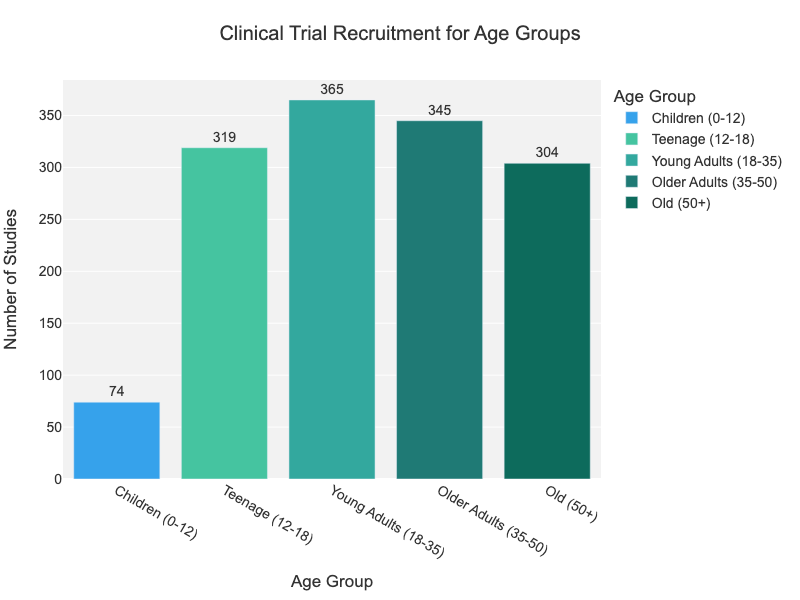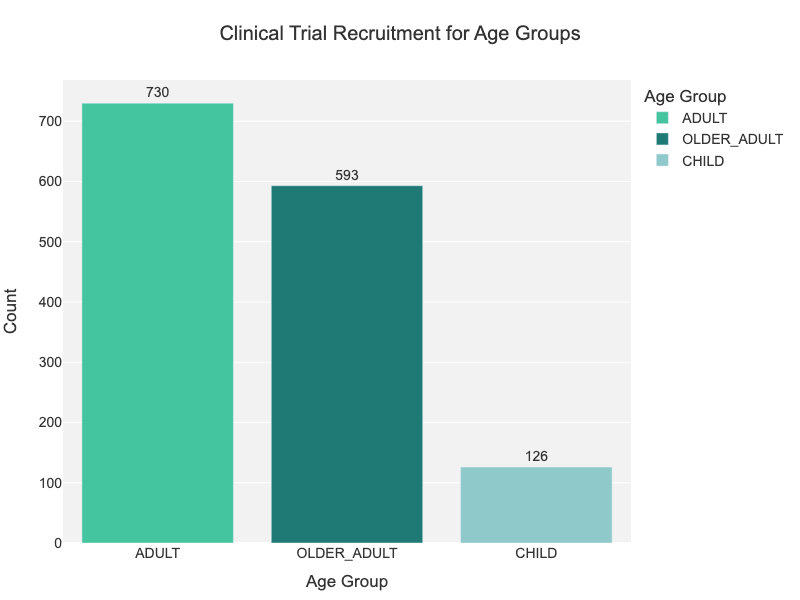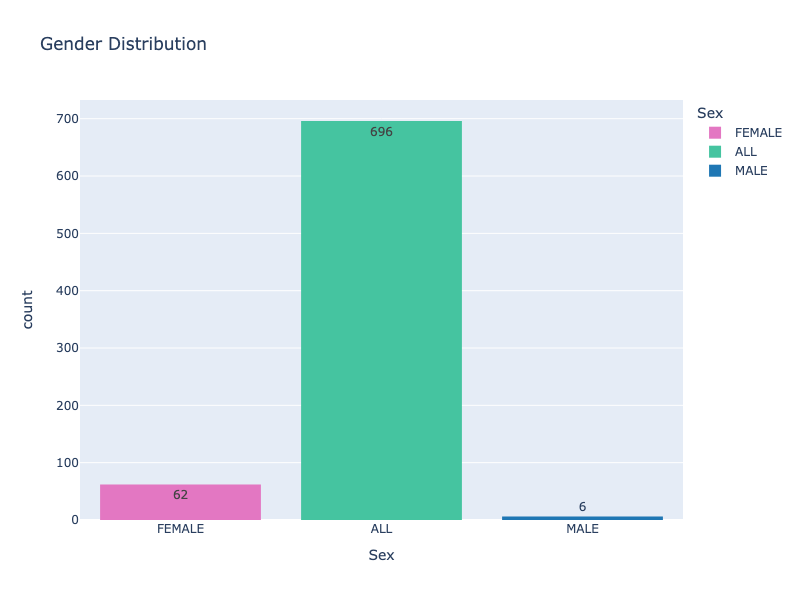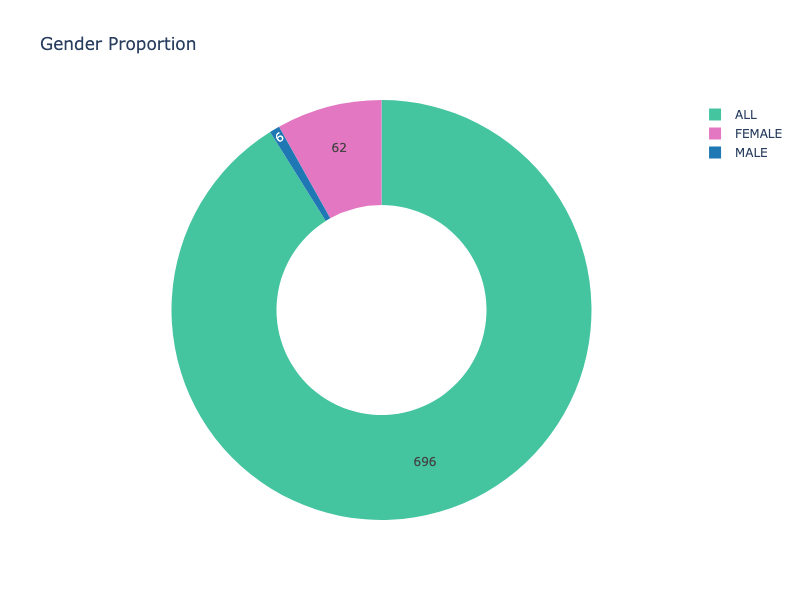Diabetes is a chronic health condition that affects millions of people worldwide. It occurs when the body is unable to regulate blood sugar (glucose) levels effectively. Glucose is essential for energy, but when it’s not properly managed, it can lead to serious health complications. Whether you’re looking to understand the signs of diabetes, learn about how people get it, or explore its causes, here’s a comprehensive guide that will help you understand this condition better.
Welcome to the
Diabetes
Community
Welcome to our journal. Here you can find the latest Clinical Trials insights and articles.
Join Upcoming Event

Diabetes, particularly type 2 diabetes, is a significant risk factor for various cardiovascular and neurological conditions. Chronic high blood sugar levels can cause widespread damage to the blood vessels and nerves, leading to complications such as heart disease, stroke, high blood pressure, atherosclerosis, and neuropathy. Understanding how diabetes contributes to these conditions is crucial for managing the disease and preventing long-term complications.
Diabetes is a chronic health condition that affects how your body processes blood sugar (glucose). Managing diabetes can impact various aspects of daily life, from dietary choices to physical activity, and long-term health. However, with proper management, many people with diabetes can live long, fulfilling, and normal lives. The key is to keep blood sugar levels under control and make necessary lifestyle adjustments.

Diabetes is a chronic health condition that affects how the body regulates blood sugar (glucose). There are several types of diabetes, each with its own causes, risk factors, and management strategies. The most common types of diabetes are type 1, type 2, and gestational diabetes, but there are also other, rarer forms of the disease.

Controlling blood sugar is essential for managing diabetes and preventing complications such as heart disease, nerve damage, and kidney problems. Whether you have type 1 diabetes, type 2 diabetes, or gestational diabetes, maintaining healthy blood sugar levels can greatly improve quality of life and long-term health. Fortunately, there are several effective strategies for keeping blood sugar levels within a healthy range.

Diabetes is a chronic condition that affects how the body regulates blood sugar (glucose). While there is no cure for diabetes, effective treatment options help manage blood sugar levels and prevent complications. The treatment plan varies depending on the type of diabetes—type 1, type 2, or gestational diabetes—and individual health factors. The primary goals of diabetes treatment are to maintain blood sugar within a healthy range, improve overall health, and prevent long-term complications such as heart disease, nerve damage, and kidney problems.

Diabetes is a chronic condition that, over time, can cause serious damage to various organs and systems in the body. High blood sugar levels (hyperglycemia), especially when uncontrolled for long periods, lead to complications that affect the kidneys, heart, eyes, nerves, and feet. These complications can reduce the quality of life and increase the risk of more severe health issues, including heart disease, kidney failure, blindness, and amputations.
Yes, Type 2 diabetes is considered a chronic disease. It is a long-lasting condition that affects the way the body regulates blood sugar (glucose). In people with type 2 diabetes, either the body does not produce enough insulin or the cells do not respond effectively to insulin, leading to insulin resistance. Over time, this leads to elevated blood sugar levels, which can cause serious health complications if not managed properly.
Diet and exercise play crucial roles in managing diabetes, whether it's type 1, type 2, or gestational diabetes. These lifestyle factors help regulate blood sugar levels, improve insulin sensitivity, and reduce the risk of complications. While medications and insulin therapy are important tools, diet and exercise form the foundation of effective diabetes management.